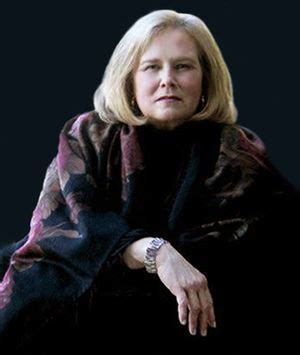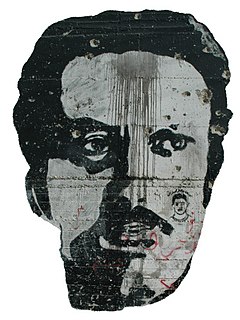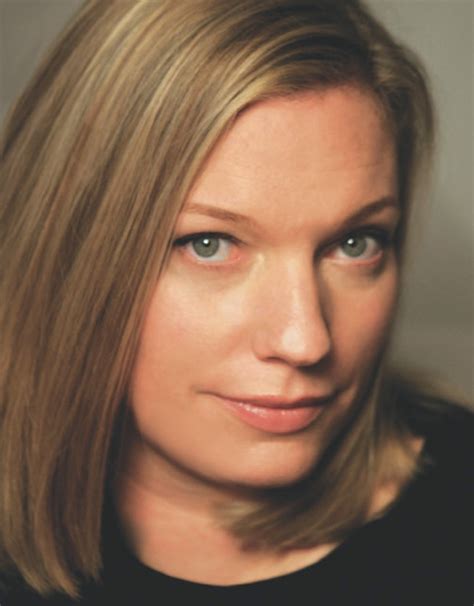A Quote by Jill Barnett
The biggest downside to being a novelist is writing the novel.
Related Quotes
In terms of style, I think the memoirist should have a novelist's skill and all the elements of a novelist's toolbox. When I read a memoir, I want to really, deeply experience what the author experienced. I want to see the characters and hear the way they speak and understand how they think. And so in that way, writing a memoir feels similar to writing a novel.
If I'm writing a novel, I'll probably get up in the morning, do email, perhaps blog, deal with emergencies, and then be off novel-writing around 1.00pm and stop around 6.00pm. And I'll be writing in longhand, a safe distance from my computer. If I'm not writing a novel, there is no schedule, and scripts and introductions and whatnot can find themselves being written at any time and on anything.
A short story is a sprint, a novel is a marathon. Sprinters have seconds to get from here to there and then they are finished. Marathoners have to carefully pace themselves so that they don't run out of energy (or in the case of the novelist-- ideas) because they have so far to run. To mix the metaphor, writing a short story is like having a short intense affair, whereas writing a novel is like a long rich marriage.
Douglas Adams did not enjoy writing, and he enjoyed it less as time went on. He was a bestselling, acclaimed, and much-loved novelist who had not set out to be a novelist, and who took little joy in the process of crafting novels. He loved talking to audiences. He liked writing screenplays. He liked being at the cutting edge of technology and inventing
Writing a novel, when it's all going well, it's wonderful. You're lost in the world, and you have a relationship with your own mind. Also, as a novelist, you don't have to yell at anyone. But being an executive producer of a TV show, all you have is people coming at you with questions, and you're making decisions, decisions, decisions.

































